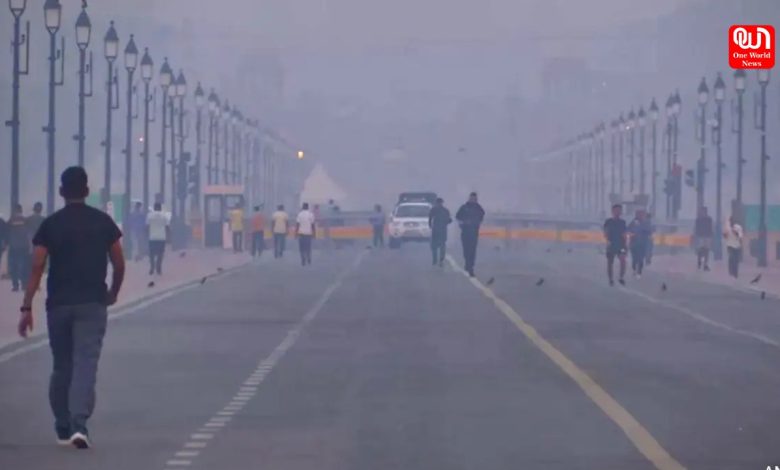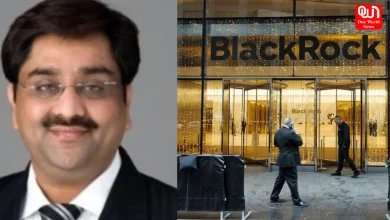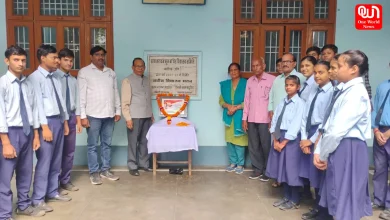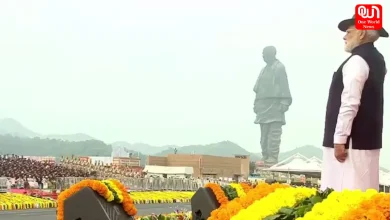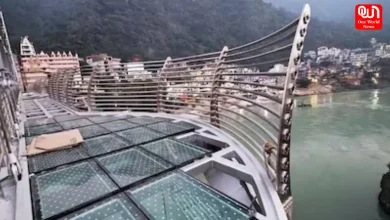GRAP Stage 2 Implemented in Delhi-NCR as Air Quality Deteriorates: What You Need to Know
With worsening AQI in Delhi-NCR, Stage 2 of GRAP has been invoked, enforcing strict measures to combat rising pollution and protect public health.
GRAP Stage 2 Activated in Delhi-NCR as Air Quality Worsens: Understanding the Impact and Measures

Air quality in Delhi has again reached alarming levels, and the authorities have classified it under Stage 2 of the Graded Response Action Plan (GRAP) as an emergency measure. The city’s deteriorating Air Quality Index (AQI) stood at 317 this morning, taking it firmly into the “very poor” category. The System of Air Quality and Weather Forecasting and Research SAFAR opines, the AQI falls in the range of “very poor” for 301-400, and anything above that is “severe”.
Read more: After Rohini Blast -Delhi Cops get Telegram Info On ‘Justice League India’ !
Air quality has suffered due to a combination of factors-ranging from unfavorable weather to stubble burning in Haryana and Punjab. Burning the stubble after harvesting, particularly between October and November, significantly adds to a number in rising the pollution levels across Delhi-NCR during the post-harvest season. According to the India Meteorological Department, the AQI shall remain in the “very poor” category for the next few days, thus implying that the health risk shall continue unabated among the residents.
Measures Under GRAP Stage 2- Starting from Stage 2 of GRAP, various anti-pollution measures were initiated. The first restrictions have been on the use of coal and firewood both in household and commercial sectors. Use of diesel generator sets that normally start during a power failure has also been prohibited in all places except in essential services. Regular mechanical sweeping of roads and sprinkling of water has also been done in order to reduce dust, especially in identified roads that are stated as being a pollution hotbed.
Read more: Kashmir Will Remain an Integral Part of India: Farooq Abdullah’s Firm Stand After Recent Attack
Construction sites, which are known for the generation of dust, are also strictly adhering to dust control measures. Serious traffic management measures are being enforced by assigning traffic personnel at congested points to facilitate easy flow of vehicles. Besides, parking fees are being increased to discourage private vehicles and adding more bus and metro services are being added on to encourage public transport use.
People staying in Delhi-NCR have been advised to reduce their personal vehicle usage and opt for public transport. Officials have urged the residents of Delhi to replace their air filters regularly and avoid carrying out outdoor construction activities that would produce dust from October to January.
Pre-existing Measures from GRAP Phase 1- After November 15, measures put in place at construction sites along with Phase 1 of GRAP included mechanised sweeping and water sprinkling with dust abatement. Use of coal or firewood was also banned at eateries besides open burning of waste. Diesel generator usage was limited in some situations, while air quality monitoring was increased across all areas.
Stage 3 and 4 Bans- Should the situation deteriorate further, Stage 3 of GRAP will come into effect wherein AQI ranges between 401 to 450, and this is considered “severely.” In Stage 3, the restrictions will be more stringent. These include a halt to mining and stone-crushing operations, more enhanced public transportation service options, and restrictions on the entry of specific diesel vehicles into Delhi.
Construction and demolition activities could be restricted further as well as schools shifting online for students under a specific age.
Stage 4 is the ultimate version of GRAP, and will come into force when AQI reaches or exceeds 450. Entry of trucks in Delhi will be prohibited, and all construction and demolition activities relating to public projects shall be shut down. As per the need, public and private offices may be directed to be operating at half of the workforce strength while the rest shall have to work from home.
Public Awareness and Government Initiatives- Delhi government has taken some other initiatives, such as the “Red Light On, Gaadi Off” campaign, during which it is requesting drivers to switch off their engines at red lights to reduce vehicular emission.
The government has also set up a green war room and initiated an anti-dust campaign to tackle dust pollution. Bio-decomposer spraying has been done more than 5,000 acres to tackle stubble burning much effectively.
The emergency measures are critical in helping Delhi improve air quality that is worsening and posing health risks to the residents of this city, particularly to children, the elderly, and those with respiratory or cardiovascular conditions.
We’re now on WhatsApp. Click to join.
Like this post?
Register at One World News to never miss out on videos, celeb interviews, and best reads.

